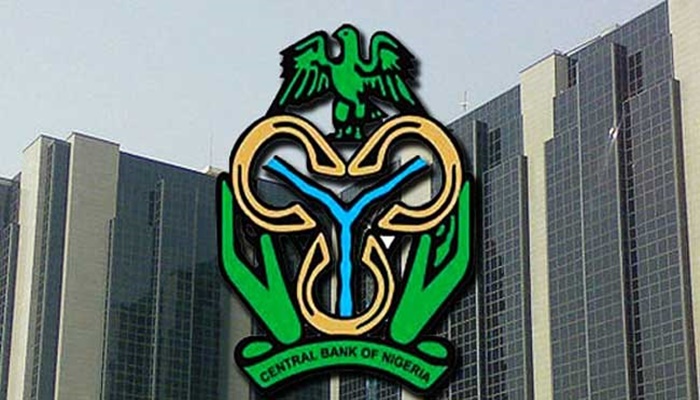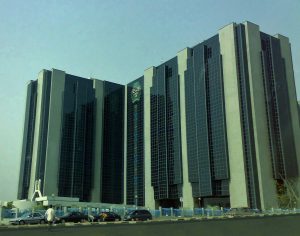
As the Central Bank of Nigeria’s Monetary Policy Committee (MPC) begins its meeting in Abuja today, attention is focused on whether the bank will finally loosen its tight stance to give households and businesses some relief from high borrowing costs.
Expectations of a rate cut are fuelled by recent data showing headline inflation has slowed steadily over the past few months, dropping from about 24–26 per cent in the first quarter to 20.12 per cent in August, according to the National Bureau of Statistics. Analysts say the moderation reflects both easing price pressures and technical adjustments from the rebasing and reweighting of the Consumer Price Index.
Despite the improvement, food inflation remains stubbornly high due to persistent supply chain disruptions, insecurity in farming regions and higher transportation costs. CBN Governor Yemi Cardoso has repeatedly warned that these structural bottlenecks continue to undermine efforts to tame prices, even as tight monetary policy limits credit and growth.
The MPC has held the Monetary Policy Rate at 27.5 per cent since July, along with a cash reserve ratio of 50 per cent for deposit money banks, 16 per cent for merchant banks, and a liquidity ratio of 30 per cent. Its July decision emphasised the need to sustain disinflation momentum before easing policy.
Forecasts from international institutions suggest inflation will remain on a downward path this year, averaging just above 22 per cent in 2025 according to the World Bank, 21.46 per cent in PwC’s projection, and about 20.7 per cent by the African Development Bank. Many analysts expect the headline figure to stay below 20 per cent year-on-year for the rest of the year, assuming exchange-rate stability, improved agricultural output and calmer supply chains.
However, they also warn of risks that could reverse gains, including external shocks from oil prices or global food costs, as well as domestic wage pressures. Labour unions are demanding a rise in the national minimum wage from ₦70,000 to above ₦150,000, a move some experts say could push costs higher if not carefully managed.
A former central banker, Dr. Yunana Bature, noted that with inflation cooling and the naira relatively stable, the case for lowering rates is stronger than in previous meetings. “Nigerians are justified in looking forward to a cut,” he said. “Lower rates would ease borrowing for manufacturers and strengthen consumer spending. But the committee will be weighing the bigger picture.”
Others counsel caution. Investment banker Tolulope Alayande argued that fundamentals remain too fragile for an early pivot. “Halting at this point is premature, even though many countries are easing,” he said. “Holding parameters steady until next year would protect against fresh inflationary shocks.”
The MPC’s verdict, due at the close of its two-day meeting, will signal how far the central bank is prepared to go in balancing price stability with the need to spur economic growth.





